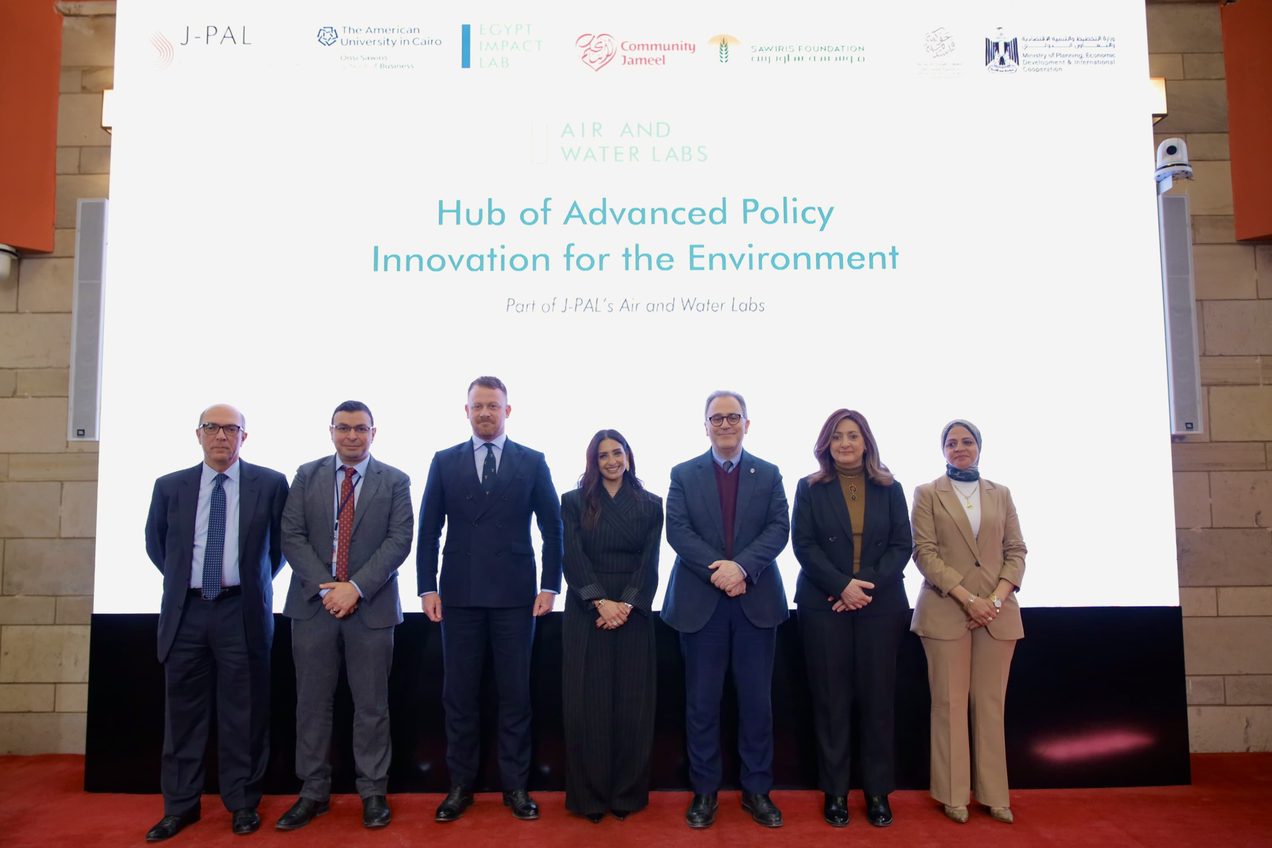One of the biggest global challenges is the gap between needs and available resources1. The inequitable distribution of resources makes this gap much deeper, thus many organizations worked on achieving equitable distribution which does not only mean giving everyone the same resources, but also ensuring that everyone has access to their needs. This challenge is evident in civil society as not all CSOs obtain the same funding shares and this affects not only fair competition but also other important aspects. It hinders some small organizations from keeping pace with the development process and threatens their sustainability, which exhaustively leads to depriving societies of the organizations created for their development and prosperity. Although CSOs play a pivotal role in addressing social issues, promoting human rights, and providing community services, these organizations often face challenges in securing the minimum funding necessary to achieve their mission and priorities and meet the actual needs of their societies. The inequitable distribution of resources, especially funds, leads to some vital issues, including:
- Limited access to funds which makes it difficult for CSOs to improve their financial conditions, achieve their plans, and meet the urgent needs of their societies.
- The inability of some CSOs to access effective funding that serve essential needs, and rather turn into entities that just provide the available resources to donors without caring about providing their societies needs or achieving their mission and goals.
- Organizations focus on implementing development propaganda programs that are a priority for donors rather than having a positive impact on societies.
- The inequitable distribution of CSOs funds may lead to conflicts threatening the social peace due to their inability to meet their societies needs.
- Limiting funding to a small number of CSOs does not guarantee that the neediest societies will reach the resources equitably, given that these societies are served by a larger number of CSOs who are less likely to reach funding.
Therefore, many CSOs suffer from this vicious cycle of unfair funding which hinders them from developing their capabilities and meeting societal expectations and needs. Moreover, this issue creates a sense of social injustice and marginalization among many citizens. This also negatively affects the donors’ goals of targeting the poorest and the most vulnerable groups.
This blog aims to address the attention of stakeholders and donors to an issue affecting the performance of many CSOs which is “more equitable funding for CSOs”. This leads to enhancing the role of these organizations, especially the newly launched small organizations with limited funding through a fair and diverse funding system achieving financial freedom and sustainability for these organizations. This system will also help them continue, determine their priorities, focus on their mission, and meet greater societal needs.
This fair funding enables CSOs to build their sustainability and secure sustainable funding to overcome the previously mentioned vicious cycle resulting from the lack of funding. For example, the organization can employ what we can call “minimum funding” to:
- Maintain a minimum number of laborers needed to conduct the organization necessary activities.
- Implement some activities necessary to facilitate the organization affairs and support its sustainability.
- Secure a part of the direct costs, such as premises rental, an internet or telephone subscription, or other costs.
- Utilize this limited funding in securing more funding for the organization and expanding its activities.
The stakeholders need a clear fair funding strategy based on scientific evidence to achieve a positive impact on society and promote trust between the funding and implementing parties. This is achieved by enhancing the equitable distribution of resources, ensuring these organizations access the necessary funding to effectively serve their societies. Without adequate funding, they may struggle to develop new approaches or invest in research, development, and innovation. Fair CSOs funding is essential to achieve justice and equity in societies, where every organization has access to its needs and reaches its full potential.
Each of the key stakeholders plays a role in developing this strategy, especially the key players, such as:
Donors:
- Allocating a portion of total funding to organizations whose annual budget does not exceed a certain amount.
- Developing policies supporting small and newly launched organizations getting fair opportunities to compete for funding (for example: allocating a funding portion to organizations which it hasn’t been more than 3 years since their launching, or allocating a small grants program to newly launched CSOs2).
The Administrative Body:
- Discussing the issue with donors to stress its priority (emphasizing that this discussion does not constitute interference in their activities, but rather support for all CSOs).
- Establishing a fund to provide initial funding to newly launched organizations, providing them with operating costs for a year.
- Monitoring and analyzing the funding distribution for all organizations, and taking actions that achieve all CSOs goals, and not for a limited number of CSOs.
Private Sector:
- Allocating a portion of “corporate social responsibility” funding to newly launched and small organizations that have not received large grants from international or local funding bodies.
- Adopting rules to support this strategy, such as not repeatedly funding the same CSOs or not continuing to fund the same organizations for long years.
Civil Society:
- It is the responsibility of civil society to take organizational actions, including conducting a study on the funding distribution to CSOs, identifying the negatives and positives of the current situation, and suggesting development solutions.
- Developing an initiative to distribute funding shares to various CSOs.
- Calling for adopting standards supporting a fair funding distribution to benefit all CSOs.
Finally, fair CSOs funding is essential to achieve justice and equity in societies, where every organization has access to its needs, reaches its full potential, and meets expectations.






